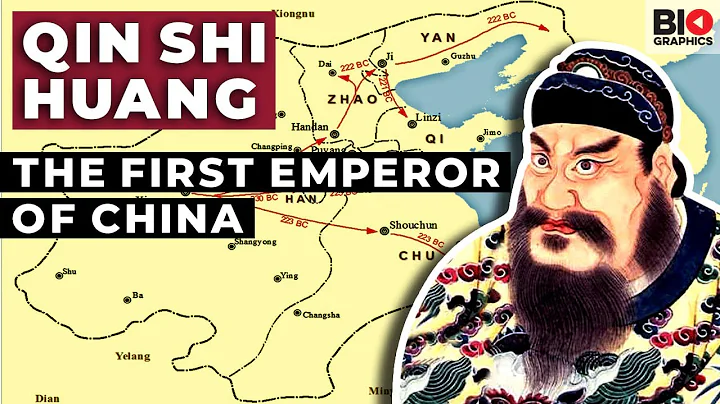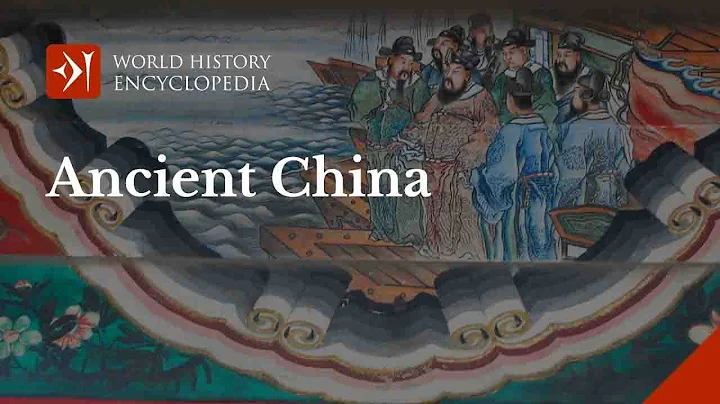- Introduction:
The ranking of surnames is recorded in the book " Hundred Surnames ". The opening sentence is almost familiar to everyone: Zhao Qian Sun Li, Zhou Wu Zheng Wang . At that time, this ranking was written by the author under the rule of the emperor of the Song Dynasty. The emperor's surname was "Zhao". In order to express his noble status, the emperor's surname was used at the beginning of the surnames. The king of Wuyue Kingdom was surnamed Qian, so the "Qian" surname was ranked second. Looking further back, the third surname was "Sun", the concubine of the Song Dynasty emperor, and the fourth surname "Li" was Because the king of the Southern Tang Dynasty was named Li, the order of arrangement at that time was a complete reflection of the powerful. However, as times change, the most common surname has quietly changed. According to surname statistics conducted in my country in 2014, the population of "Wang" is about the same as that of "Li", but the population exceeds that of "Li". The population of "Wang" has reached more than 100 million. From the perspective of population, "Wang" The surname is undoubtedly the number one surname.

- Why there is no emperor with the most common surname
Perhaps everyone is wondering why there is no emperor with the surname "Wang" in history? In a world with talented people from generation to generation, there has never been an emperor named "Wang". From the perspective of probability theory, this is not consistent with the theory. In fact, this is not the case. The only Wang Mang who usurped the power of the Han Dynasty and passed by the emperor can barely be regarded as one. He established a new dynasty and reigned for fifteen years. However, his dynasty did not leave any great achievements in history and had no successors, so it was destroyed by Liu Xiu.

But strictly speaking, he is not yet an emperor. From this point of view, as the surname "Wang" is the most populous surname in our country, there really is no emperor. Regarding this matter, there are different opinions among the people. Some people say that the reason why there is no emperor in the surname Wang is because there is a problem with the character of this surname. The character "王" has three horizontal strokes and one vertical stroke, and the upper and lower strokes cannot stand out, so the surname Wang could not reach the highest position in ancient times. Let’s take a look at the more common surnames of emperors at that time. “Zhao”, “Li”, “Zhu”, etc. all have the glyph of “prefix” on them. Some people also say that the surname "Wang" is inherently noble, which means that the emperor has a royal aura, which makes him unable to develop further and can only become the king's assistant.
- Tracing the origin of the surname "Wang"
In fact, the folk sayings are quite superstitious. When you carefully trace the "Wang" surname, you will find that they all have a long history and are related to many royal families. The surname "Wang" originated from one of the eight ancient surnames, "Ji", which was the national surname of the Chinese Zhou Dynasty. Prince Jin, the son of King Ling of Zhou Dynasty, was deposed as a commoner because of his courage to speak out and remonstrate directly. His son Zong Jing is still an official in the court. Because they were descendants of the royal family, people at that time called them the "Wang family", and the original Ji people took Wang as their surname.

The ancestors of the surname Wang, Wang Yuan and Wang Wei, migrated to Langya, Shandong and Taiyuan, Shanxi respectively in order to avoid peasant uprisings and the war between Chu and Han in the late Qin Dynasty, thus developing into the prominent " Langya Wang Family " and " Taiyuan Wang's " has a very high status in later generations. The Wang family of Langya controlled the Han Dynasty from Western Han Huo Guangshi until Wang Mang usurped the throne.
The descendants of Ji Chi, the descendants of King Ping of Zhou, changed their surname to Wang in memory of him because Ji Chi was once a prince. He has always lived in Shanxi Province and is known as the "Linyi Wang Family". Western Zhou Dynasty Henggong Jijie is a descendant. After the fall of the dynasty, his descendants migrated to Yichuan and Zhaoru in Henan Province. Because they lived in the royal city, they changed their family name to Wang, and later called them "Wang family in Wangcheng". His surname was Wang. Bigan, the son of King Wen Ding of Shang Dynasty, was killed by King Zhou. His descendants took Wang as their surname because he was originally a prince. From the pre-Qin Dynasty to the Han and Tang , Bigan's descendants have always lived in Henan, forming the famous "Jijun Wang Clan".

After Wang Mang established himself as a dynasty, Prince Yan was deeply favored by Wang Mang because he offered his talisman to Wang Mang. He gave him the surname "Wang" to show his noble status, and was known as the "Wang family of Beijing" in history. Among the Gui surnames, some descendants of Duke Hu and Chen also changed their surnames, and later generations were called the "Yancheng Wang family".
- Many countries have given surnames and changed their surnames to "Wang"
There are many other surname changes such as this. After Qin destroyed the six kingdoms, most of the royal family descendants of Qi, Wei, and Yan changed their surname to "Wang". Therefore, the surname Wang has been very complex since its birth. From then on, Qin Shihuang no longer called himself king, but called himself "I". The Huns in the Han Dynasty, the Koryo people in the Northern and Southern Dynasties, the Yuezhi people in the Sui and Tang Dynasties, the Khitans in the Tang Dynasty, the Mongols in the Yuan Dynasty, etc., these foreigners followed Due to historical development, it was assimilated into the Han Chinese "Wang" surname. In the Ming Dynasty Zhu Yuanzhang gave the surname Wang to the Jurchen Wanyan tribe, and some of Zhu Yuanzhang's own descendants also changed their surnames to Wang, and some of the descendants of Genghis Khan 's royal family changed their surname to Wang. Therefore, the surname "Wang" is widely spread, which shows that there are many sources.

- Conclusion:
Therefore, in history books, emperors surnamed Wang are rare. But in the course of historical evolution, their ancestors were once famous emperors. It is not true that the surname "Wang", the most common surname in China, has never had an emperor, and there are many people with the surname "Wang" in history. They have all appeared in history books. It has left a profound mark on it.





















